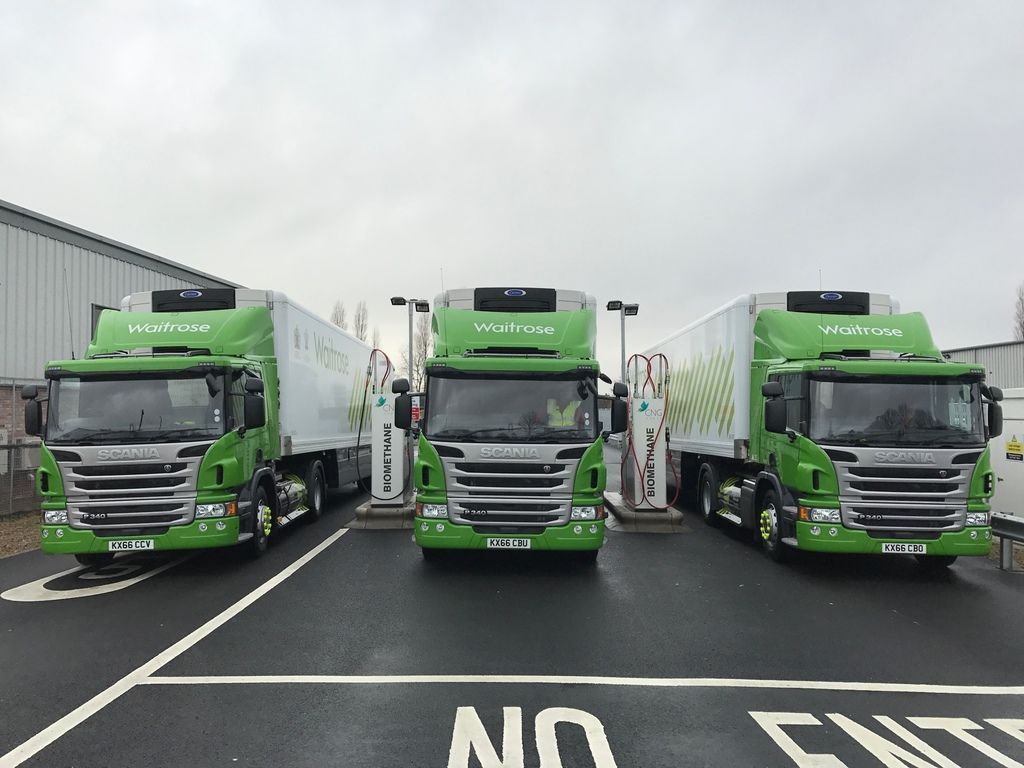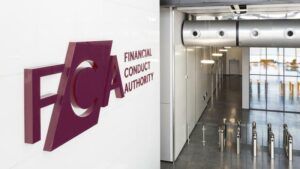The trend for major companies to switch to cleaner fuels for their commercial vehicles is offering income investors a long-term diversification opportunity, according to a London-based investment boutique.
In a report looking at the sector, Gravis Capital Management said that the increasing economic appeal of greener fuels such as compressed natural gas (CNG) has led global companies to modernise their vehicle fleet, creating an investment opportunity for the infrastructure that supports the switch.
The London-based investment group, which manages some £2 billion in assets, observed that, as demand for CNG vehicles continues to grow, so too does the need for production and processing plants to meet the demand.
David Conlon, portfolio manager of the GCP Asset Backed Income Fund, said that CNG plants offer an opportunity to diversify risk in the portfolio.
“Compressed natural gas is one of the big growth areas at the moment, with an increasing number of commercial vehicles starting to run on CNG,” he said. “We have already funded one plant that supplies to Waitrose, and we are also looking at one other.”
Billed as the cleanest burning transportation fuel on the market, CNG appeals due to its widespread availability and comparative low cost to petrol and diesel. In addition to its green credentials and day-to-day cost appeal, CNG also offers companies the promise of lower maintenance costs due to lower corrosion of vehicle parts.
Supermarket chain Waitrose, delivery group UPS and brewer Anheuser-Busch are among the major brands to have modernised their vehicle fleet in recent months to run on the alternative fuel source.
For companies moving to adopt CNG, the investment is one for the long term.
Each of Waitrose’s new CNG trucks cost 50% more to build than those which run on diesel, but the savings are soon recouped once they are put to work, according to an analysis by CNG Fuels. The British supermarket is projected to make savings of between £15,000 to £20,000 a year from each vehicle, depending on mileage – a saving which is likely to repay the initial outlay in two to three years.
The analysis of Waitrose’s updated fleet suggested that vehicles are likely to generate overall lifetime savings of £75,000 to £100,000 compared to diesel vehicles and save around 100 tonnes of CO2 each year.
In June, The Wall Street Journal reported that delivery company UPS was spending $130 million on 730 CNG vehicles, to bolster its current fleet by 19%. The report said that the company also intends to add an additional five proprietary CNG refuelling stations to the 50 it already has. This endorsement again highlights the keen attitudes of major businesses to CNG.
For Gravis, CNG plants are yet another example of how the fund group diversifies risk through a portfolio of loans secured against assets across a broad range of sectors.
“The fund is designed to be a flexible opportunistic lending vehicle,” explains Conlon. “It doesn’t have any direct mandate that limits where we can invest. We believe it is important to have a wide spectrum of assets and, as such, have 15 different sectors in the portfolio.”








